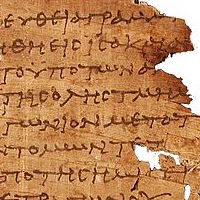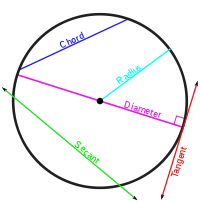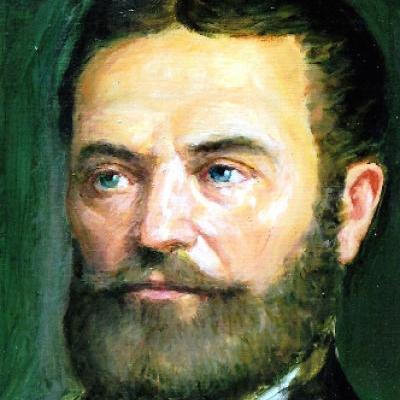



- Assessment:
- The course grade will be computed as follows:
- 40% Homework
- 40% Project
- 20% Exam
- Exam:
- The final exam has been scheduled by the registrar for Monday, 20
April 2015 from 14:00 to 17:00 in BEWS.
- Homework:
-
Problem sets are posted in PDF on the lectures
webpage. Your browser can be trained to open these files with the
free program Acrobat Reader (or
other PDF
viewer). Problem sets will be collected at the beginning of class on
Thursday; late homework will not be accepted. Your best ten
problem sets will determine your homework grade. Graded homework can be
picked up in the MATH 387 boxes outside of 201 Jeffery Hall.
- Written work:
-
We write to communicate. Please bear this in mind as you
complete assignments and exams. Work must be neat and legible to
receive consideration. You must explain your work in order to
obtain full credit; an assertion is not an answer.
- Technology:
-
Students are strongly encouraged to use any available technology on the
homework and project, but no technical aids will be allowed on the
exam.
- Disabilities:
-
Students with disabilities, who will be taking this course and may need
disability-related accommodations, are encouraged to make an appointment
to see the instructor as soon as possible. Also, please contact the
Disability Services to
register for support services.
- Academic integrity:
-
It is the obligation of each student to understand the
University's policies regarding academic integrity and to uphold
these standards. Departures from academic integrity include plagiarism,
use of unauthorized materials, facilitation, forgery, and falsification.
Actions that contravene the regulations on academic integrity carry
sanctions that can range from a warning to the loss of grades on an
assignment to the failure of a course to a requirement to withdraw from
the university. Students are encouraged to talk about the problems, but
should write up the solutions individually. Students should acknowledge the
assistance of any books, software, students, or professors.
- Licensing:
-
Lectures and course material are licensed under a
Creative Commons Attribution-NonCommercial-ShareAlike 2.5 Canada
License.




